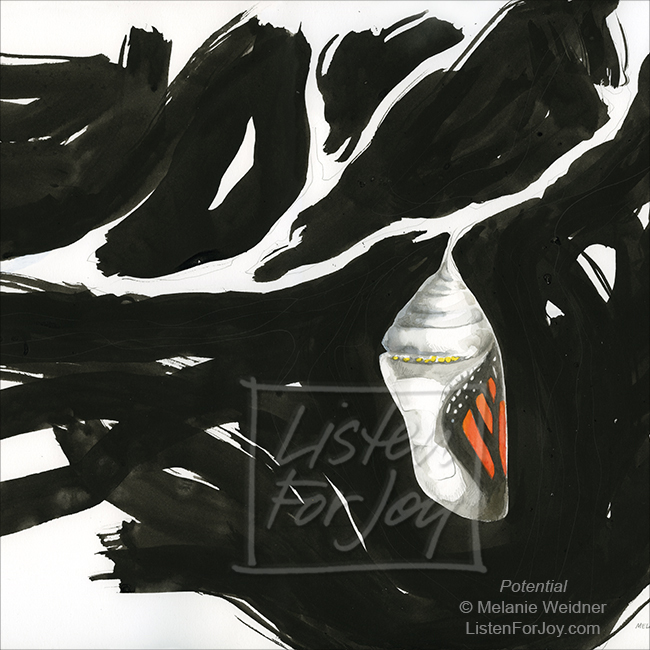Discipleship: Women Ways
Luke 9.36-42
Luke 9.36-42
Today's post is in honor of the disciple Tabitha, a.k.a. Dorcas. I'm betting there are some future mamas out there thinking "It’s time to bring back Dorcas as a popular baby name." I’ve thought about mentioning this to my wife, “sorry honey we can’t name our next spawn Dante, we have a serious shero from the Bible to name this child after.”
It’s only unfortunate that the name sounds like a well known put down.
Although the author of Luke-Acts is the best of the four gospels at lifting up women, we know that the author was deeply influenced by the mores of greco-Roman culture. Some scholars have argued that the writers of Luke-Acts, to gain the favor of male readers in the Greco-Roman Empire, diminished the role of women apostles in Acts, to focus more on the works of Paul and Peter, often featuring women as glorified groupies. Now, I’d guess that not many of us often picture female disciples among the early church movers and shakers, but the more we dig into scripture the more we find that women were integral to the early church. From the very beginning of the book of Acts we hear that Mary the mother of Jesus was present, along with “certain women.”
Who were these mysterious women? For all we know Tabitha was present.
We find from our scripture later in Acts, Tabitha is given the title “disciple,” and it’s the only place in all of scripture that the feminine form of disciple, mathetria is used.
We learn that Tabitha’s ministry in the community of Joppa, was in service to those in need, sewing garments for those without. And she didn’t do it alone. She worked alongside a community of widows, likely those who had been the recipients of her love in the time of their deepest need, and were inspired by her ministry. Women supporting women.
Tabitha gives us a model of what discipleship looked like in the early church. Devoted to good works and acts of charity, she offered tangible resources to folx in her community at a time of their great need. She fed and clothed, and protected these women, shepherding her flock in the life saving practices of community care and support.
One way we can examine the ways that women and men are treated differently in Acts is with Tabitha. In verse 39, Tabitha is praised for her “acts of charity” to the widows of Joppa, but this is the only place the words “acts of charity” is used in all of Acts. But in Acts 6.4, male disciples offer “Service of care and word” to widows which in the Greek translates to ministry. Why is it that men were charged with service to the widows and orphans and is considered ministry, but Tabitha’s work is considered “acts of charity?”
While Luke offers us a snapshot into the world of women in the early church, it is of scattered references and women who function in the backdrop, as patrons, and philanthropists, rather than key players in the spreading of the Good News. For years I found this imbalance so painful I couldn’t even pick up the Bible. But over time I came back and I tried to read for glimpses of women disciples and it gave me hope. And women are certainly there, if you read carefully. There are many more present than you realize, though often unnamed. The ones who are named, such as Tabitha we can look to for strength and hope.
This gives us a very different picture of Tabitha than the text supports, perhaps her ministry was one of good works and shepherding her own church. Tabitha in her life and ministry literally makes life out of death- the work of creating cloth, and sewing garments and tunics is about taking what is the dried out materials of dead cells, and turning them into the finely woven fabrics.
Now for a brief mother’s day story. My mother’s mother, Lula was a Tabitha of her own kind. Growing up in the Southern Baptist church and in a time when women were limited in vocational aspirations she came into her own calling and ministry once her children were grown. My grandmother ministered to the women who were left behind after their spouses had passed on. Taking them to necessary medical appointments, helping drive them to get groceries. My grandmother became the caretaker and archivist of the widows in her own community. I always wondered why my grandmother’s back porch was so cluttered with furniture that she would keep for the right person who needed it most. This was her ministry, she was the shepherd of so many. The artifacts of widows she had loved to their end were given new life in helping those who had little.
Who are the Tabitha’s in your life? On this Mother’s day, consider: who are the spiritual mothers who helped disciple you?
May this legacy of women and spiritual foremothers inspire us as we live out our own vocations. Amen.
Who were these mysterious women? For all we know Tabitha was present.
We find from our scripture later in Acts, Tabitha is given the title “disciple,” and it’s the only place in all of scripture that the feminine form of disciple, mathetria is used.
We learn that Tabitha’s ministry in the community of Joppa, was in service to those in need, sewing garments for those without. And she didn’t do it alone. She worked alongside a community of widows, likely those who had been the recipients of her love in the time of their deepest need, and were inspired by her ministry. Women supporting women.
Tabitha gives us a model of what discipleship looked like in the early church. Devoted to good works and acts of charity, she offered tangible resources to folx in her community at a time of their great need. She fed and clothed, and protected these women, shepherding her flock in the life saving practices of community care and support.
One way we can examine the ways that women and men are treated differently in Acts is with Tabitha. In verse 39, Tabitha is praised for her “acts of charity” to the widows of Joppa, but this is the only place the words “acts of charity” is used in all of Acts. But in Acts 6.4, male disciples offer “Service of care and word” to widows which in the Greek translates to ministry. Why is it that men were charged with service to the widows and orphans and is considered ministry, but Tabitha’s work is considered “acts of charity?”
While Luke offers us a snapshot into the world of women in the early church, it is of scattered references and women who function in the backdrop, as patrons, and philanthropists, rather than key players in the spreading of the Good News. For years I found this imbalance so painful I couldn’t even pick up the Bible. But over time I came back and I tried to read for glimpses of women disciples and it gave me hope. And women are certainly there, if you read carefully. There are many more present than you realize, though often unnamed. The ones who are named, such as Tabitha we can look to for strength and hope.
This gives us a very different picture of Tabitha than the text supports, perhaps her ministry was one of good works and shepherding her own church. Tabitha in her life and ministry literally makes life out of death- the work of creating cloth, and sewing garments and tunics is about taking what is the dried out materials of dead cells, and turning them into the finely woven fabrics.
Now for a brief mother’s day story. My mother’s mother, Lula was a Tabitha of her own kind. Growing up in the Southern Baptist church and in a time when women were limited in vocational aspirations she came into her own calling and ministry once her children were grown. My grandmother ministered to the women who were left behind after their spouses had passed on. Taking them to necessary medical appointments, helping drive them to get groceries. My grandmother became the caretaker and archivist of the widows in her own community. I always wondered why my grandmother’s back porch was so cluttered with furniture that she would keep for the right person who needed it most. This was her ministry, she was the shepherd of so many. The artifacts of widows she had loved to their end were given new life in helping those who had little.
Who are the Tabitha’s in your life? On this Mother’s day, consider: who are the spiritual mothers who helped disciple you?
May this legacy of women and spiritual foremothers inspire us as we live out our own vocations. Amen.






